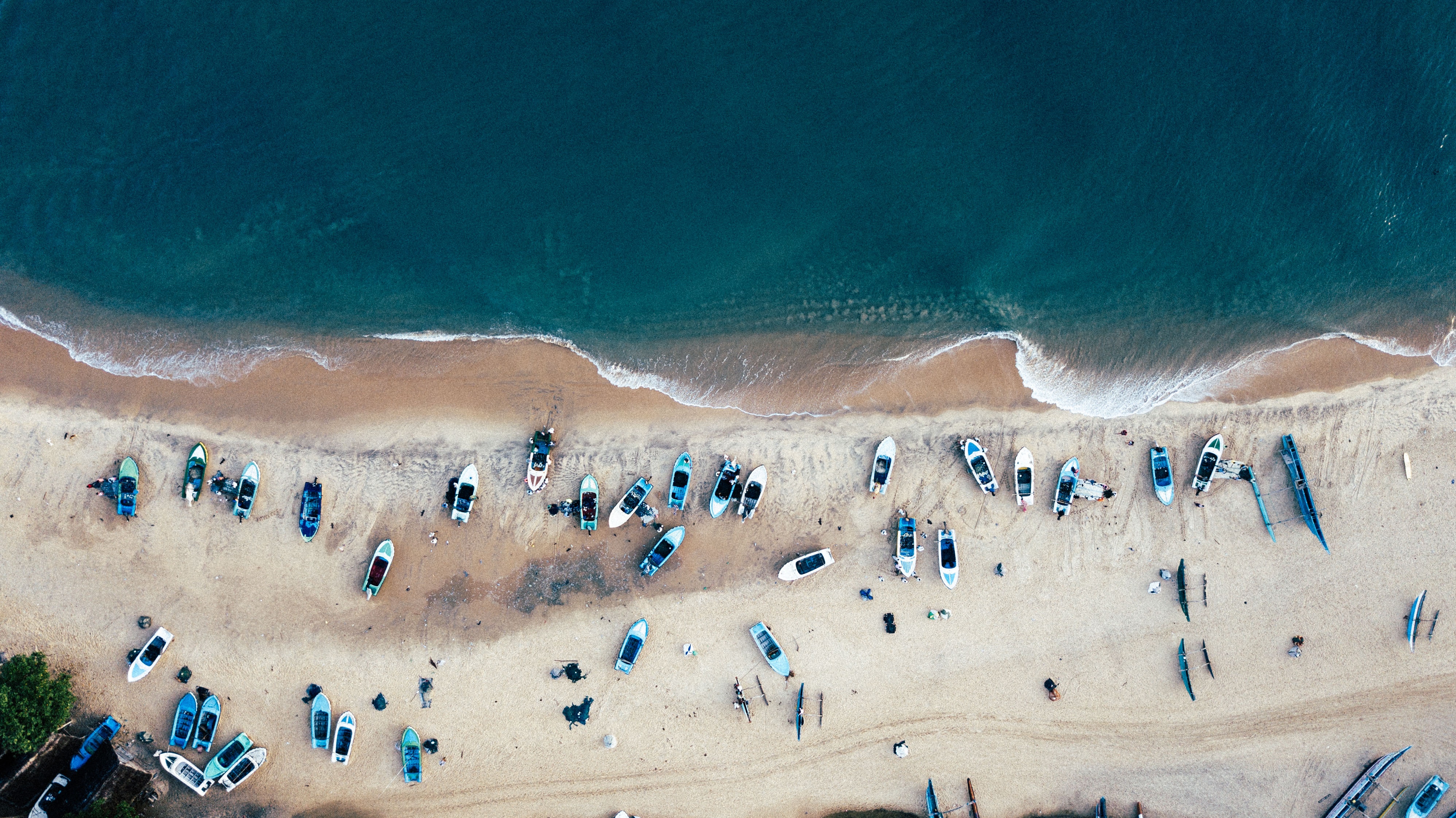About
The ocean is critically important to our global economy. Collectively, it is estimated that ocean-based industries and activities contribute hundreds of millions of jobs and approximately US$2.5 trillion to the global economy each year, making it the world’s seventh-largest economy when compared with national gross domestic products (GDPs). In addition, the nonmarket services and benefits provided by the ocean are significant and may in fact far exceed the value added by market-based goods and services. Anthropogenic climate change, driven by the exponential increase in emissions of greenhouse gasses since the industrial revolution, will continue to impact the ocean through a variety of channels. The resulting changes to ocean processes and functioning have broad implications for our global economy that must be taken into account, both to inform adaptation efforts and motivate urgent mitigation strategies. In this study, we focused on sectors of the ocean economy that are most in need of adaptation to ensure they can continue to provide valued functions as the climate changes: capture fisheries, marine aquaculture, and marine and coastal tourism.
